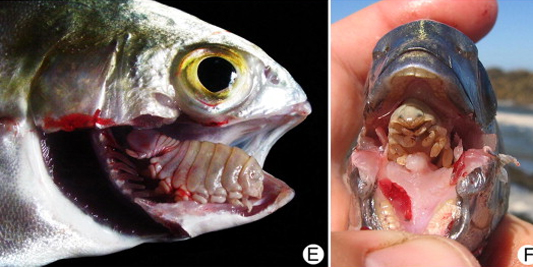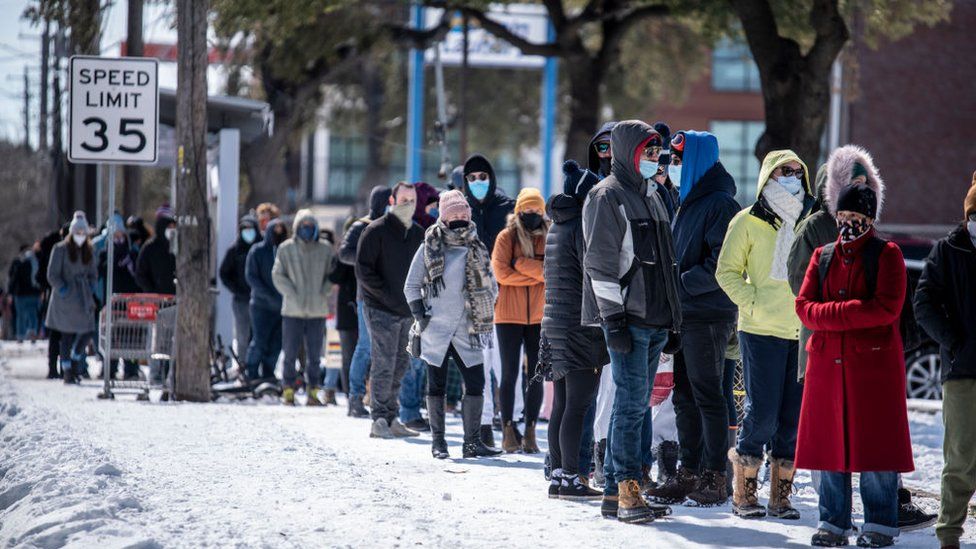Penn Reckoning
University of Pennsylvania President Liz Magill resigned Saturday amid backlash over remarks made during a congressional hearing about on-campus antisemitism Tuesday. Reports of antisemitic harassment have increased at US universities since the start of the Israel-Hamas war two months ago, prompting scrutiny of those institutions' responses. A major donor withdrew a $100M partnership with Penn Thursday as a protest of Magill's comments.
Diamond Deal
Shohei Ohtani, one of baseball's biggest stars, will depart the Los Angeles Angels and head across town to the Los Angeles Dodgers after signing a contract reportedly worth $700M. In total value, the 10-year deal is believed to be the biggest contract signed by any athlete in global sports history.
Texas Abortion Battle
The Texas Supreme Court paused a lower court's ruling over the weekend allowing a Dallas-area woman to receive an abortion despite the state's new laws limiting access to the procedure. The case is believed to be the first of its kind in the US since Roe v. Wade was overturned last June.
Retirement
This Princeton grad's startup raised $161M to help people plan for retirement.
If you're one of the whopping 110 million Americans over age 50—or a wise Millennial looking to get ahead—SmartAsset's no-cost tool makes it easy to find vetted financial advisors who serve your area. Research suggests that people who work with a financial advisor could end up with 15% more money to spend in retirement.¹
Science
- European Union reaches world's first comprehensive set of regulations for AI; plan creates a risk ranking system for different types of AI and allows consumers to file complaints against platforms (More)
- Paleontologists discover 75-million-year-old fossil of a Gorgosaurus, a species of tyrannosaur from what is now western North America, with its final two meals preserved in its stomach (More)
- Physicists demonstrate optical tweezers—focused laser beams that can hold and move tiny objects—which can position single molecules so precisely they can be used for quantum computing (More)







